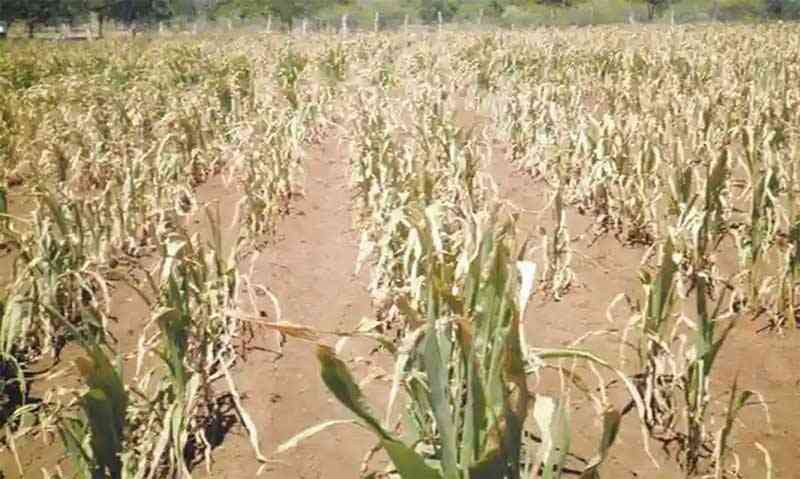
editorial comment
NEARLY a year after the Zimbabwe government realised that the country would be facing serious hunger this year, it comes as a great shock that it did not plan on how to avert this very inevitable crisis, except to vigorously thrust out its begging bowl to international donors. Revelations that government has reduced by 40% grain supplies to millers at this critical moment has exposed the authorities’ apparent laissez-faire attitude towards otherwise very serious matters. That government’s grain reserves at the Grain Marketing Board would sooner or later run out in the wake of poor harvests following an El Nino-induced drought was inescapable, internal plans should have been put in place for grain imports as soon as the country realised that the harvest would be too low to sustain the nation to another harvest. All we recall is just the much ado about nothing rhetoric that the government had everything under control and had secured supplies of the staple food from as far afield as Tanzania. The State even assured us that the largely defunct National Railways of Zimbabwe would be up and running to timely bring us the food relief. But alas, it looks like we were sold bottled smoke.
The resultant mealie-meal shortages, occasioned by government’s obvious poor planning, has brought a new dimension to Zimbabwe’s food shortage matrix as this will exert new pressure on an already constrained people. This means even those well resourced will now also be unable to access the staple diet. It is also quite curious and perplexing that the Grain Millers Association of Zimbabwe (GMAZ) also appears hapless and cannot function without government support, yet we were of the opinion that GMAZ is a private organisation whose interests have very little to do with government. We would have thought that GMAZ would make its own separate plans to help meet its members’ demands for grain rather than depend on government to plan for it. Much as the organisation would like to pass the buck to government, it is chiefly liable to the impending mealie-meal shortages and the millers, who are in it for profit, should take the association to task for failing to secure enough supplies. Many millers will soon close shop simply because of poor planning by both government and their association, GMAZ.
Such is the perennial tragedy in Zimbabwe where those entrusted with safeguarding the national interests sleep on the wheel and conveniently choose to blame everything else, except them. It will not be surprising to soon hear talk that the country has failed to secure enough grain because of sanctions. But if truth is to be told, Zimbabweans, both those who can afford to buy food and those who cannot will starve this year simply because of poor planning by those in authority. This is quite a shame, indeed.











